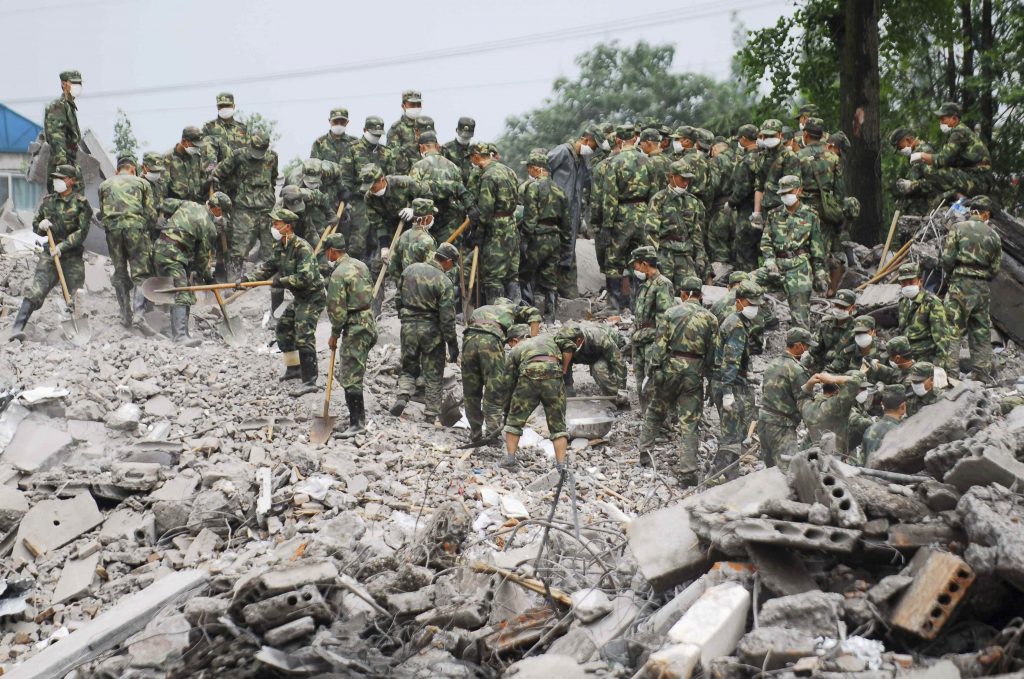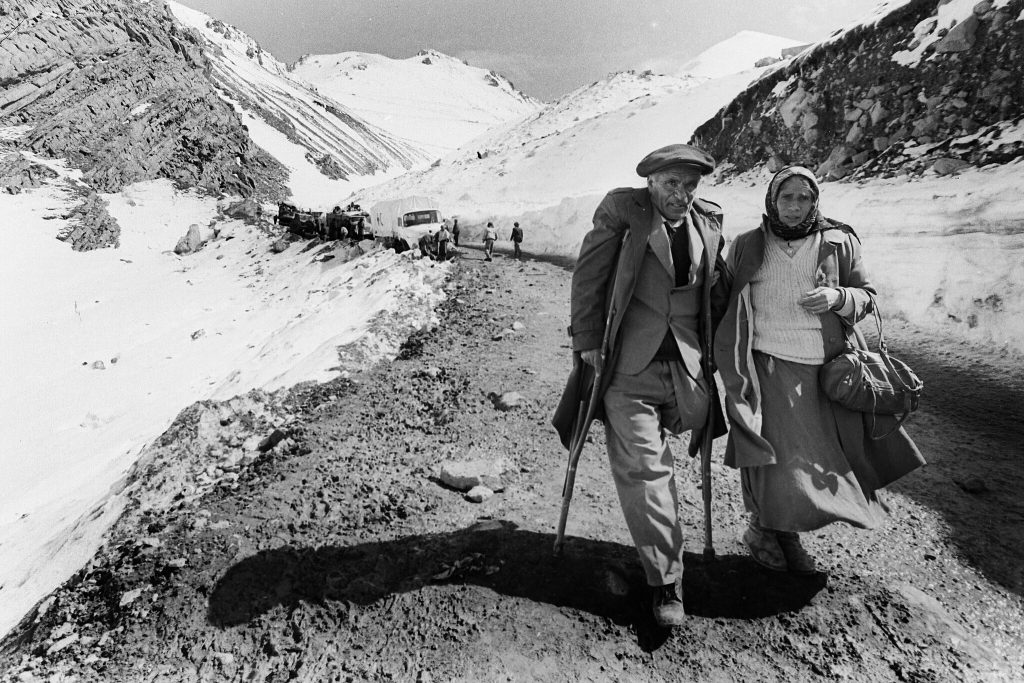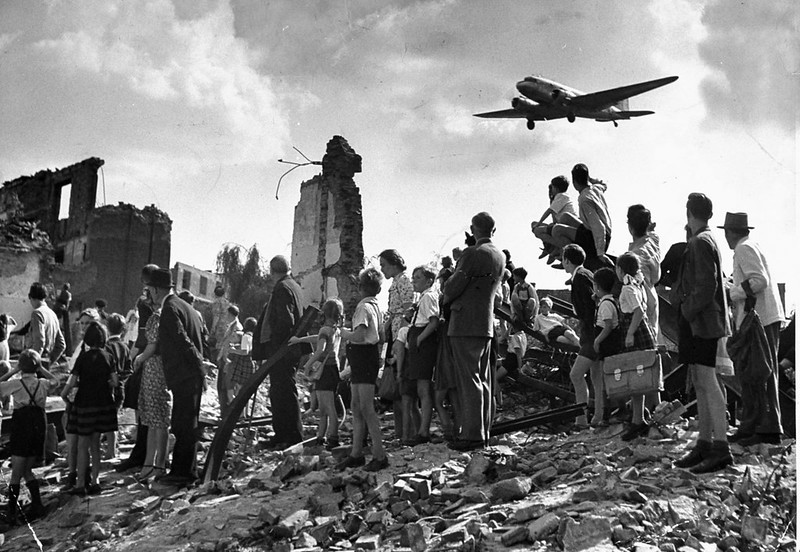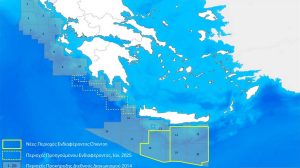A closer look at key historic events that took place on May 12:
In 2008, A massive earthquake strikes Sichuan, China
This devastating earthquake, known as the Wenchuan earthquake, had a magnitude of 7.9 and caused widespread destruction across the region and killed some 90,000 people.

Soldiers search for victims among the debris of a collapsed building in earthquake-stricken Dujiangyan, Sichuan province, May 14, 2008. REUTERS/Stringer (CHINA). CHINA OUT. NO COMMERCIAL OR EDITORIAL SALES IN CHINA.
In 1994, the Nagorno-Karabakh conflict ends
A ceasefire agreement, known as the Bishkek Protocol was reached in May 1994 between Armenia, Azerbaijan, and the self-proclaimed Republic of Artsakh (Nagorno-Karabakh) It came into effect on May 12. This ceasefire ended the active phase of the conflict, which had begun in 1988. However, the conflict itself remains unresolved, and sporadic violence and tensions have persisted over the years.

Azerbaijani refugees from Karabakh during the war, 1992. Own collection of Ilgar Jafarov (scan from the film)
In 1949, the Soviet Union lifts its blockade of Berlin.
The Berlin Blockade began in June 1948 in an attempt by the USSR to starve West Berlin of food, fuel, and other supplies in response to the introduction of the Deutsche Mark and other disagreements between the Western Allies and the Soviets. The lifting of the blockade in May 1949 marked the end of this tense standoff and allowed for the resumption of vital supplies to West Berlin by air and proved a significant turning point in the early Cold War period.

West Berliners stand amid the rubble of WWII and watch U.S. Air Force transport planes land at Templehof Airport during the Berlin Airlift in 1948. During the height of the operation, an aircraft landed every thirty seconds in West Berlin. The USAF delivered 1,783,573 tons and the RAF 541,937, on a total of 278,228 flights from June, 1948 to May, 1949. (U.S. Air Force photo)
In 1937, King George VI become king of England
– Don’t miss out on To Vima’s daily “On this Day in History” posts.





